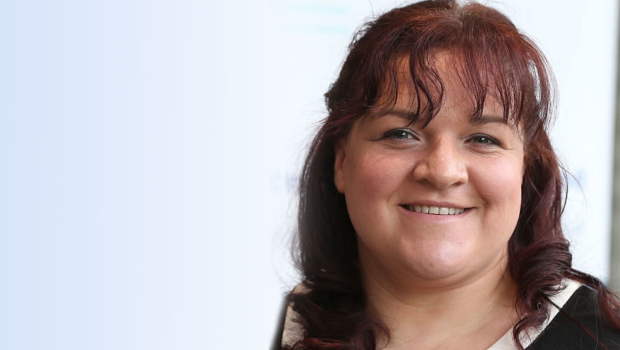
CoDiet research project takes snapshot of eating habits
In association with Research Ireland
Many diseases can be linked back to a person’s diet. But can modifying your diet in a way that’s completely personal to you really make a difference? That’s what CoDiet, a research project involving 17 research groups from around Europe (including Teagasc) is aiming to find out.
Specifically, the project is examining the links between diet and non-communicable or non-infectious diseases, like type two diabetes, cardiovascular diseases, obesity, cancer, and metabolic syndrome.
Historically, the tools used to record diet and the recommended diets being given to people have taken a “one-size fits all” approach, explains Prof Orla O’Sullivan, senior computational biologist at Teagasc and principal investigator with Research Ireland centres VistaMilk and APC Microbiome Ireland.
“These tools don’t take into account that different people respond differently to food. A person’s response is based on so many different things – their genetics, their gut microbiome, their hormones. This project is aiming to understand how diet is influenced by your microbiome, by your own genome, and then understand how people report food intake. Then we can see if putting someone on a personalised diet makes a difference.”
Rather than rely on self-reporting, which can be untrustworthy at times, the project involves people wearing a small camera at their ear, which records everything they consume during the day. In this way, the data on their intake is more accurate, according to Prof O’Sullivan, and this is important for the analysis part of the project. “We are using AI (artificial intelligence) models to predict the optimal personalised diet for participants based on the data collected, such as microbiome, metabolome, epigenetics, and food intake.”
The project is conducting two trials, one of which, a observational trial, has just concluded. In this trial, the group worked with people who have an elevated risk of metabolic syndrome. They are then using this data to build the AI models that the solution will use.
“We’re also looking to assess what’s the big influence? Is it the microbiome? Is it somebody’s metabolome? Is it somebody’s epigenetics? What’s the big driver that will influence healthiness?”
In late spring the team will be commencing an intervention trial. “For that we’ll take the same at risk group, and we’ll split them into two. Half will be put on a standardised diet, and for the other half we will use this AI model and give them a prediction of a personalised diet. So for example, somebody’s lacking a certain microbe then they’ll be told to eat a particular food that promotes the growth of this microbe. Then we will look at the difference between the group on the personalised diet and see if they are having better health outcomes than those on the standarised diet,” explains Prof O’Sullivan.
On Wednesday, 19 February, Prof O’Sullivan and other members of the CoDiet research group, will be hosting an information event at 6.15-7.15pm at the UCC Centre for Executive Education. Attendees will hear from Prof O’Sullivan; Prof Gary Frost, head of section for nutrition research at Imperial College London and scientific lead for CoDiet; Prof Noel Caplice, Professor of Cardiovascular Sciences in UCC, and Dr Adrian Rubio-Solis: research associate in Sensing and Machine Learning at Imperial College London. Attendees will have an opportunity to wear the smart technology and find out how to participate in a study if they are interested.








Subscribers 0
Fans 0
Followers 0
Followers